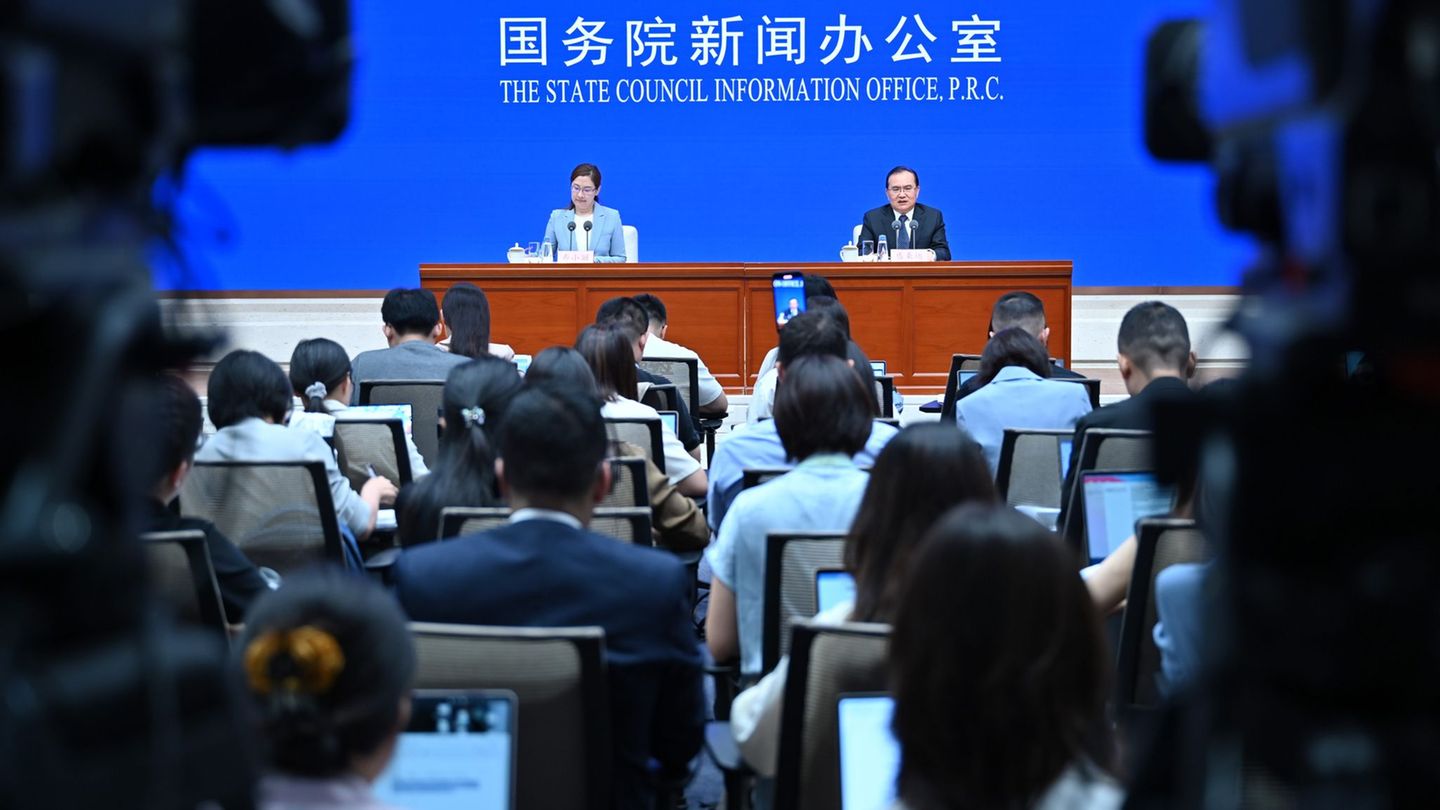Collective labor agreements and joint negotiations have long ceased to be decisive when it comes to establishing rights and obligations for work and establishing decent wages that have a minimum of purchasing power. However, the agreements, which in our country we have approximately 300 unions with union status that cover the 6 million private workers, would not be adequate to the demands of the current labor market and the dynamics that employment demands in the 21st century. . Not so the joint negotiations that have focused in recent years exclusively on the adequacy of salaries, but which have never managed to cross the finish line before prices. What’s more, they have dedicated themselves to gross, nominal salaries, but they have never reviewed, not only the agreements, but they have never reviewed the agreement scales, which many are unaware of and which is the core of the problem here.
As I point out, the parity discussions have lost their reason, history has shown that no matter how parity they set, they never beat the prices, no matter how many bonuses and non-remunerative sums, the worker remains poor and does not and will not recover the power to buy or to have a reference value for their salary, if there is not a strong labor policy and not only are all collective labor agreements reviewed from the point of view of law and obligations to both parties of the contract (employee-employer), But the core thing is to review all the basic agreements that make up the essence and starting point of all private salaries in Argentina.
To put in context why collective bargaining agreements must be reviewed. 30% of the agreements are in force and have remained the same since 1975, we are talking about the main ones that cover the highest % of employees. (commerce, metallurgical, construction, gastronomy, among others). 15% at the end of the 80s, such as Truckers. Here we already have more than half of the workers who have their rights and obligations with the same letter as 4 decades ago.
But the main problem, I am not saying that the rights and obligations of the workers are not, but for many years the core of the loss of the purchasing power of the workers and the loss of their salary in nominal terms, has to do with the basic agreements that they have and that no matter how equal they are, and salary discussions to beat prices, this will never happen.
In relation to the review of collective labor agreements to provide better and modern labor rights, we must discuss:
– The incorporation of new contracting modalities through ICT and new technologies;
– Adapt agreements to technological changes and remote work, mainly the teleworking law that was approved in our country 2 years ago and no union adapted it to their agreements as the law itself mandates;
– Move from a unicate, tyrannical and undemocratic model, to a system of union democracy as ordered, not only by the ILO, but by all international organizations in matters of labor rights, each worker must have the right and the option to join the union. union that best represents you or feels like it and not be tied to the union on duty.
– Prevail the autonomy of the will of the parties to the labor contract, employee-employer, subjecting only the union intermediation in the event that the parties require it and not to mere political whim or clowning of the union members on duty.
Regarding the review of the basics of the agreement. More conventional categories adapted to future work must be incorporated, such as remote work, the technological apprentice, the home office and all contemporary modalities to the new ICT technologies adapted to the needs of the contracting parties.
Despite the evidence of the importance of labor productivity, as a determining factor in recovering the purchasing power of dependent workers, the conclusion is denied and belittled by the owners of the unions that their ambition for the throne in their positions makes them ignorant in its main function. Defend workers
The competition of dependents for employment and the competition of employers for the physical or intellectual strength of dependents does not work well at all.. Both parties lack real information about what the labor market and production needs, this is called lack of legal security, to get a job and to hire. It happens to both parties. And this is why. Is clear. Having a labor market where the regulatory platform is more than 45 years old, where it does not adapt or is not aligned with the 4th industrial revolution, globalization, modernization and the work of the future, is clear, and reality hits the pocket and purchasing power of every worker, that productivity and investment in human capital as growth factors, is and will be totally null.
In conclusion, A solid labor market refers to modern, effective, balanced labor laws that level the employer-worker relationship, ending the conflict and the gloom of anti-productive laws.
Lawyer Specialist in Labor Law. President of APREEA
Source: Ambito
David William is a talented author who has made a name for himself in the world of writing. He is a professional author who writes on a wide range of topics, from general interest to opinion news. David is currently working as a writer at 24 hours worlds where he brings his unique perspective and in-depth research to his articles, making them both informative and engaging.




